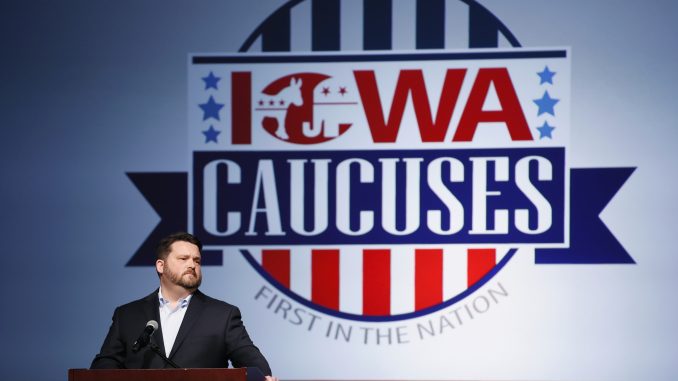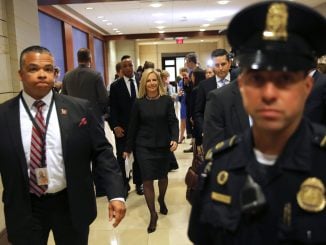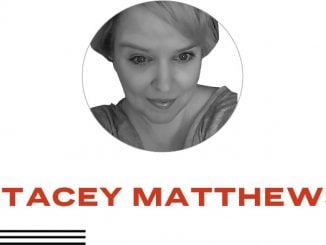
RALEIGH — As is tradition, Iowa on Monday was the first state in the nation to vote in the country’s presidential primary races. But Iowa’s old-fashioned caucus-style vote, which involves neighbors sorting themselves into various corners of school gyms and church halls, was unable to adjust to the digital age, as significant delays appear to be connected to a phone app that failed to function as planned.
North Carolina has a more straight-forward primary system, which is run by the State Board of Elections, not the state parties. But voter confidence has been shaken by issues like absentee ballot fraud, battles over voting machine vendors, uncertainty on whether voter ID will or will not be required, and turnover with the board’s leadership.
In Iowa, months of preparation and work led to frustration for campaigns and organizers as results failed to materialize late into Monday night and on into Tuesday. Candidates gave late night speeches to their gathered supporters, mostly giving vague hints at victory, before calling it a night and heading to New Hampshire for the next battle.
Iowa Democratic Party Chair Troy Price gave a statement to the press Tuesday morning saying, “At this point the IDP is manually verifying all precinct results. We expect to have numbers to report later today.”
“We want to emphasize that this is a reporting issue, not a hack or an intrusion,” Price said, adding, “The system is taking longer than expected but it’s in place to ensure we are eventually able to report results in full confidence.”
Sen. Bernie Sanders of Vermont released internal numbers showing he had the lead, with Mayor Pete Buttigieg of South Bend, Indiana, close behind.
Former Vice President Joe Biden, who was not expected to perform as well in Iowa, released a statement through his attorney blasting the “considerable flaws” in the process, noting especially that, “The app that was intended to relay Caucus results to the Party failed; the Party’s back-up telephonic reporting system likewise has failed. Now, we understand that Caucus Chairs are attempting to — and, in many cases, failing to — report results telephonically to the Party.”
While there is no indication that chaos of this level is likely in North Carolina, the State Board of Elections has been busy trying to address problems leading to confusion or distrust by the electorate.
In late 2019, the board launched a campaign to address voter confidence, called “YourVoteCountsNC.” Karen Brinson Bell, executive director of the State Board of Elections, said the purpose of the effort is so voters “know all of the steps we take to ensure fair and accurate elections, so they will be confident that their vote counts.”
A major source of the shaken confidence is confusion around what type of voting machines are approved and whether they will be reliable. The board approved three vendors for touchscreen machines in August, but some election security experts said these could open up the state to hacking efforts in ways that the paper ballots do not. Voters select their candidates using a touchscreen on these machines, but then a paper receipt is printed, allowing them to verify their choices.
The State Board of Elections held demonstrations across the state in five locations to show how these machines work and to ease uncertainty around their use.
Voter ID has also caused confusion among the voters, with repeated court decisions affirming and blocking the requirement to bring an approved photo ID to the polls. The current status, after a Dec. 31 court ruling, is that voter ID is not a requirement in North Carolina and will not be needed for the March 3 primary.
The board is sending a mailer to all 4.7 million residential households in the state making them aware of the change. They have also been posting multiple times a week on their social media accounts that voter ID is not needed.
“We know these changes can be confusing for voters, and we wanted to make sure all voters have the latest information about the primary election,” Bell said in a press release after the court decision.
Absentee ballot fraud, which ended up invalidating the results of the 2018 N.C. 9 congressional race and forcing a special election the following year, led to changes in how the state handles these ballots. The rules, passed in 2019 Session Law-239, are now much tighter — limiting who can turn in a ballot for another person and how a ballot is requested, as well as creating stricter penalties for violations.
Adding more fuel to the fire of elections uncertainty in the state, the chairman of N.C. BOE, Bob Cordle, approved in January of 2019, stepped down after only a few months in the job. Cordle had been recorded making a sexual joke to a large crowd of election workers. After complaints and attention from the media, he announced his resignation on July 30 in a letter.
“I sincerely apologize to those who heard my joke at the elections conference on Monday and all those affected by my words,” the letter read.
Damon Circosta was then appointed by Gov. Roy Cooper to fill his place and was approved in mid-August.



